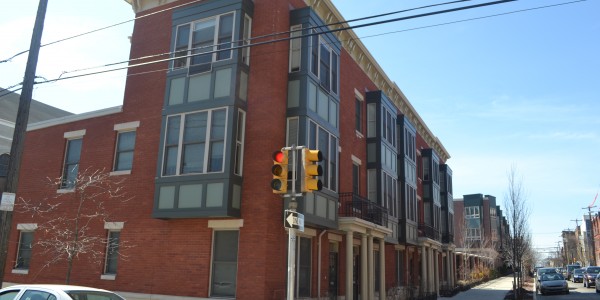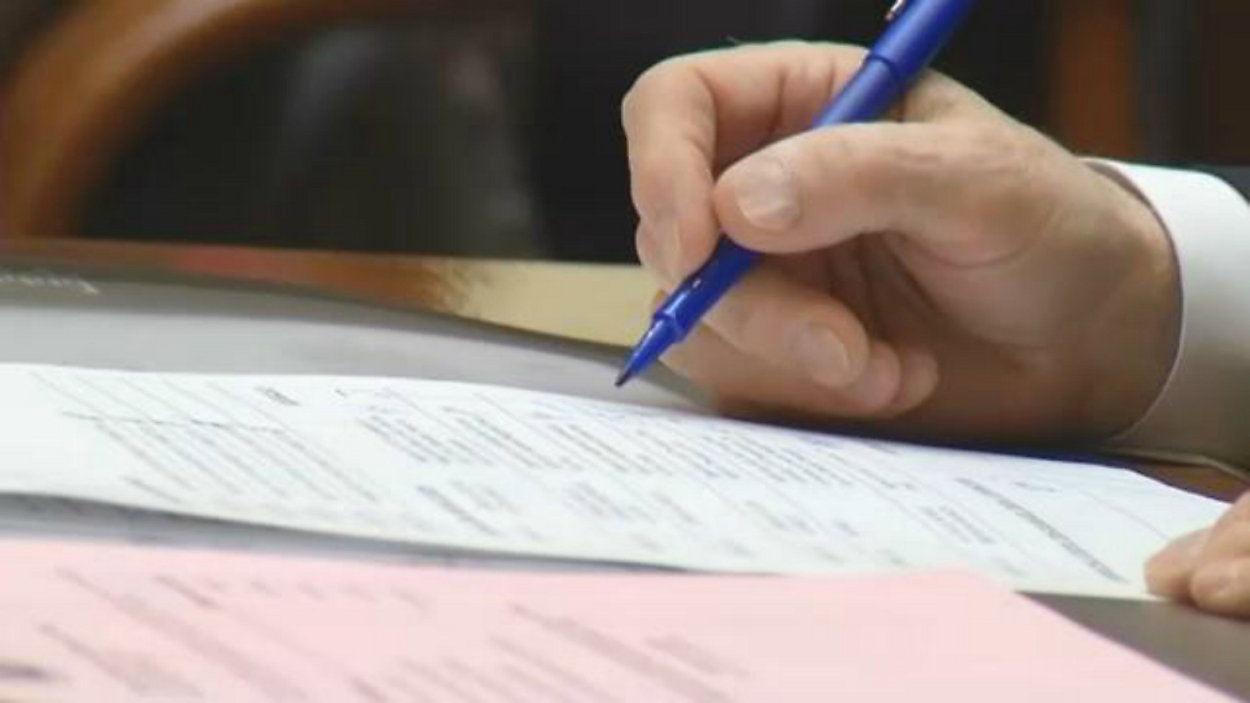Philadelphia Secures $3.3 Million HUD Grant to Tackle Affordable Housing Barriers
Philadelphia received a $3.3 million grant from HUD to address affordable housing barriers, with Mayor Cherelle Parker planning to unveil a comprehensive housing strategy by October. This funding, part of the PRO Housing initiative, will support naturally occurring affordable homes and address the impact of climate change on housing affordability.
New Legislation Alert: Hapco Keeps You Updated!
HB 2443 (Tenant right to Counsel) has been introduced and Referred to House Housing and Community Development Committee. For more information, click the link below.
Why Philly’s Small Apartments Are Making Big Waves
Philadelphia has ranked among the top cities with the smallest new apartments built over the past decade, and the trend continues as current constructions are even smaller.
Philadelphia Area Housing Affordability: Six-Figure Down Payments Required for Typical Homes
In Philadelphia, prospective homeowners face high financial barriers with median-income households needing over $100,000 for a down payment on a typical home, according to Zillow. Despite efforts to save, the 20% down payment traditionally recommended for affordability is often out of reach, reflecting broader challenges in the housing market.
Banks Quietly Unloading Real Estate Loans Amid Fears of Losses
Major Wall Street banks are offloading their commercial real estate loans, highlighting concerns that housing providers of vacant and struggling office buildings may not be able to repay their mortgages due to high interest rates and low occupancy rates post-pandemic. This move signals a broader distress in the commercial real estate market, prompting banks to reduce their exposure and seek private buyers to prevent larger future losses.
Philadelphia Overhauls Eviction System After Series of Shootings, Sparking Debate Among Landlords
Last year, Philadelphia witnessed three shootings during evictions carried out by landlord-tenant officers, leading to significant public outcry and legal action. Angel Davis, one of the shooting victims, has filed a lawsuit after being shot in the head by a private security contractor during an eviction.
In response to these incidents, the City Council unanimously passed reforms to the privatized eviction system. The new legislation requires private security contractors to undergo extensive training, obtain liability insurance, and secure a city license. Additionally, licensed eviction officers must complete annual retraining, and those involved in use-of-force incidents or owing city taxes are barred from obtaining a license.
While housing advocates and some officials praised the reforms for increasing transparency and accountability, there were notable critics. Greg Wertman, president of Hapco Philadelphia, expressed concerns that the bill would exacerbate delays in an already lengthy eviction process, disproportionately affecting small landlords who suffer financially from prolonged disputes. Wertman emphasized that the new regulations could make it even harder for landlords to manage eviction cases efficiently, highlighting the challenges small property owners face compared to larger landlords with extensive resources.
The reforms, despite the administration's reservations about enforcement capabilities, signify a move towards greater oversight of eviction practices in Philadelphia. However, the final decision on the legislation awaits the mayor's approval by September 5.







